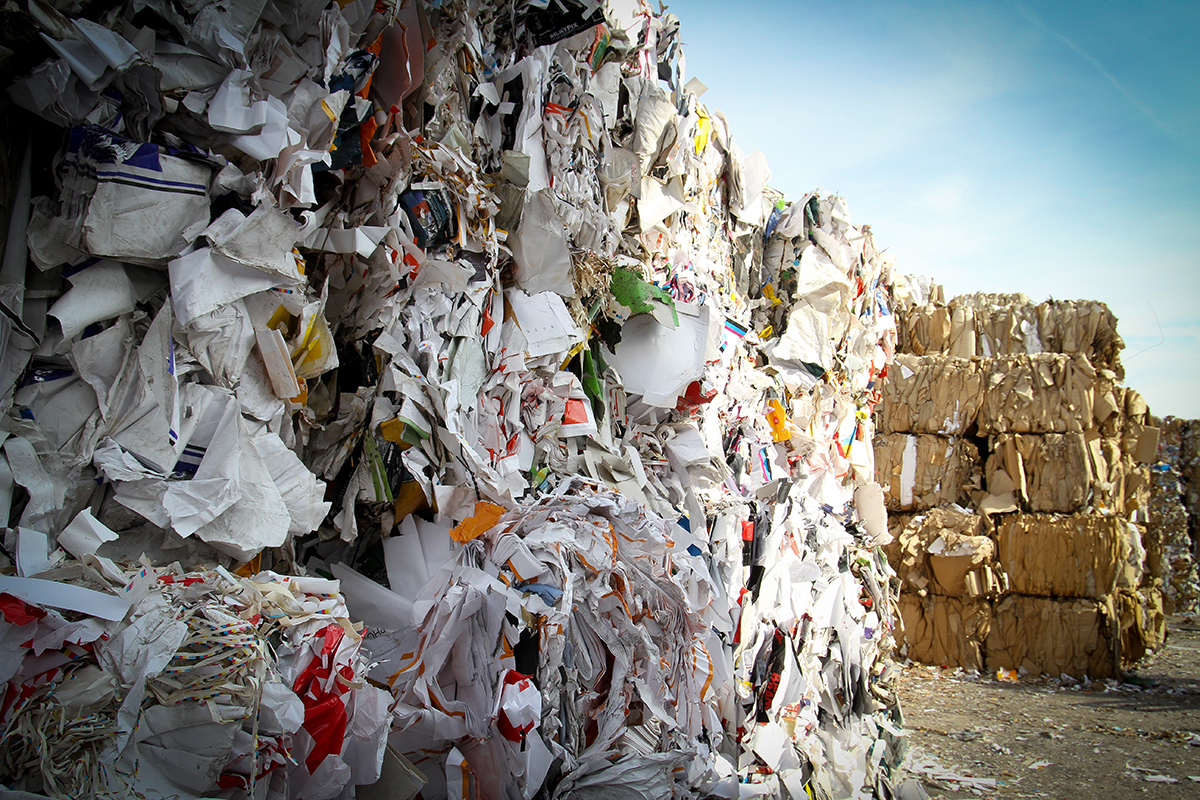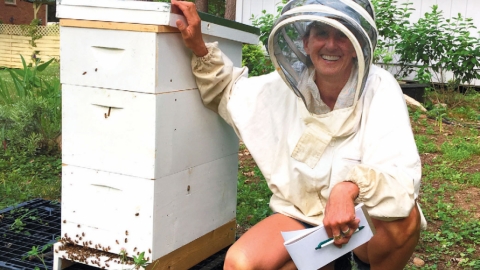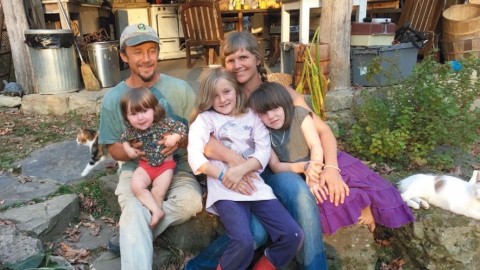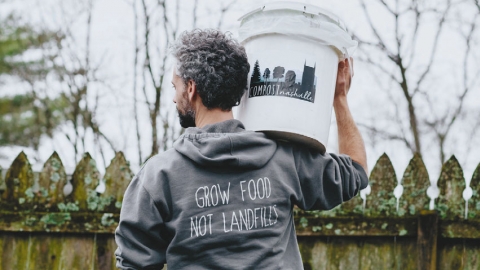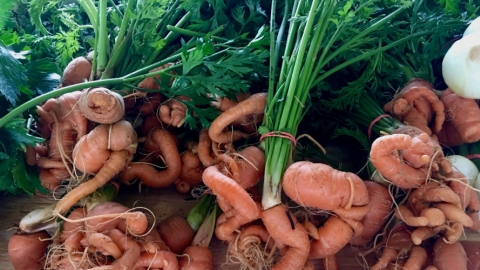Refuse, Reduce & Reuse, Then Recycle
Paper or Plastic?
This was the question we all were confronted with at the grocery store 10 years ago. And who really knew. We do now. Neither, bring your own bags. And short of that, paper for sure. Anything but plastic, which is the biggest burden on our recycling system according to Paul Farley, Site Manager for Waste Management, the company Metro Nashville contracts with to recycle our waste.
The Situation
We all do our part to keep the earth clean, right? We recycle, or try to. But now we hear that China stopped accepting our recyclables because they were too contaminated and maybe our recyclables go straight to the landfill anyway. (Fact: what goes in our recycling bins does not go in the landfill unless it is contaminated).
We wanted to see for ourselves what is really recycled and what isn’t. To do this we reached out to Kelly Tipler, Director of Metro Beautification and Environment. She set us up with a tour of Waste Management in Nashville, specifically with Site Manager, Paul Farley. This facility is where all of Metro’s curbside bins go for the contents to get sorted and shuttled off to companies that recycle it further. Before a tour of the facility, we sat down with Paul and Kelly to learn more.
We anticipated a discussion of things like types of plastic, types of aluminum, yogurt containers vs. water bottles, etc. But the interview with Paul quickly centered around one theme: “Bags.” It went something like this:
Me: “What is the biggest offender in the recycle … “plastic bags,” said Paul. Me: “What is the second biggest offender”…”plastic bags.” “OK, the second offender is probably food waste, but of course they come in ……you got it—bags,” smiled Paul.
Apparently plastic bags (from the grocery store, Target, Walmart, anywhere) get caught in the machines that sort the recyclables clogging it up requiring the line to stop and the staff to pull the plastic out.
According to Paul, if you eliminate bags, you eliminate the first offender and the (second offender) food waste that comes in bags. In fact, anything that gets put in a bag of any kind (including a trash bag) will go straight to the trash (vs. being recycled). If you put the overflow of your recycle bin in a bag (which I have done before), that bag goes straight to the trash (aka landfill). The staff doesn’t have time to open and inspect bags for their contents, so a bag of any kind goes to the trash. Plus. It’s dangerous for Waste Management staff to open closed bags.
So how much of our recyclables are contaminated? According to a waste audit, where employees from the Metro department regularly go through and check random recycle bins, 29% of the contents are “contaminated.” When they run across contaminated bins, they get an “Oops sticker.” And frequently this is due to bags and food waste.
According to Kelly, the problem in Nashville has been education, or lack thereof, which is why Metro has increased their education 600% over the past year. Anyone can visit the Waste Management facility, where every Wednesday Metro Public Works hosts a class on recycling and a peek at the recycling operations. Anyone that attends receives a free indoor recycling bin.
What is the solution to our trash problem? According to Paul and Kelly, industry innovation needs to occur. We need to use our recyclables and make products from them, which China has done for years. Packaging manufacturers need to consult with recycling experts. Recycling practices and programs need to be streamlined across the nation as well. Practices are different in Seattle than they are in Nashville. As consumers, we also need to think about the trash we buy. For example, buy things that have recyclable packaging, or even better, no packaging at all (hint, farmers markets).
Recycling is important of course, but according to Kelly, the first two “R’s” are actually the most important. Reduce and reuse, then recycle. Recycling is great, but it’s not as good as reducing and reusing.”
Trying to live a Zero-waste lifestyle. Check out easy ways to get started in this articel Embracing a Zero Waste Lifestyle
Green Instagrams to follow:


